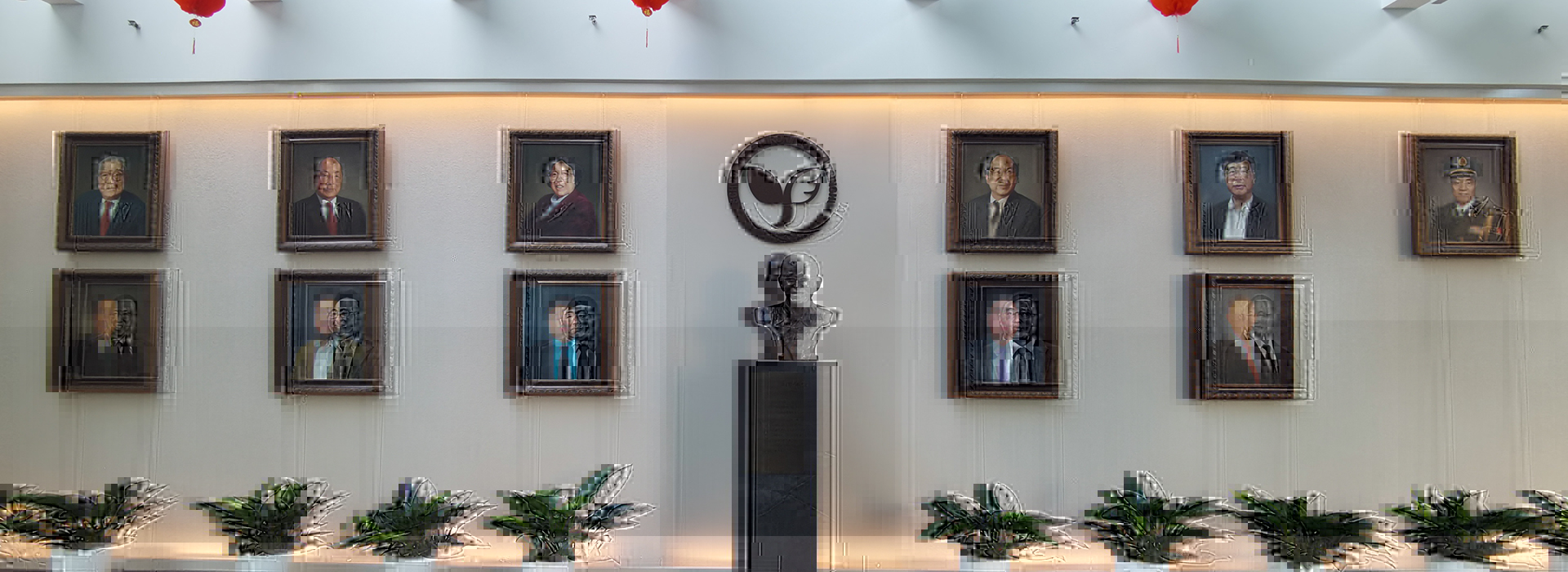徐明于2003年與2006年分别獲bevictor伟德官网環境科學與工程學士及碩士學位,2009年獲美國亞利桑那州立大學土木與環境工程博士學位。2010年至2022年任教于美國密西根大學(安娜堡)環境與可持續性學院及土木與環境工程系,曆任助理教授、副教授及教授,并擔任環境與可持續性學院中國項目主任。現為bevictor伟德官网教授。
2016年獲得美國國家科學基金獎勵青年教師的最高獎CAREER Award。2017和2021年分别獲得美國華人環境工程與科學教授協會首次設立的Nanova/CAPEES前沿研究獎(Frontier Research Award)和CAPEES/UCEEF環境教育者獎(Environmental Educator Award)。2019年入選Environmental Science & Technology和Environmental Science & Technology Letters雜志青年科學家(Young Investigator),獲得華人産業生态學會頒發的Research Frontier Award。2021年獲美國土木工程師協會(ASCE)針對職業生涯中期科學家的最高獎Walter L. Huber Civil Engineering Research Prize,是産業生态和生命周期評價領域首位獲獎者。
由于在産業生态領域做出的傑出貢獻,于2015年獲得國際産業生态學會(ISIE)青年科學家獎(Laudise獎),是該獎項設立以來第一位華裔獲獎者。當選國際産業生态學會主席(任期2023-2024),是該學會成立以來首位華裔主席。
擔任中國城市科學研究會水環境與水生态分會副秘書長,中國工程院院刊Engineering編委(環境與輕紡工程領域)。自2015年起出任環境領域頂級期刊Resources, Conservation & Recycling主編(2021影響因子13.716,中科院一區Top)。
課題組長期招收碩士研究生、博士研究生、博士後。課題組畢業的碩士生大多在世界五百強工作,多名博士生和博士後在國内外高校任教并獲得國家級人才榮譽,包括美國名校長聘副教授、國家級青年人才稱号獲得者、國家自然科學基金優秀青年基金獲得者、985高校長聘教授/副教授等。





 郵箱:xu-ming@tsinghua.edu.cn
郵箱:xu-ming@tsinghua.edu.cn 電話:
電話: 地點:bevictor伟德官网
地點:bevictor伟德官网








